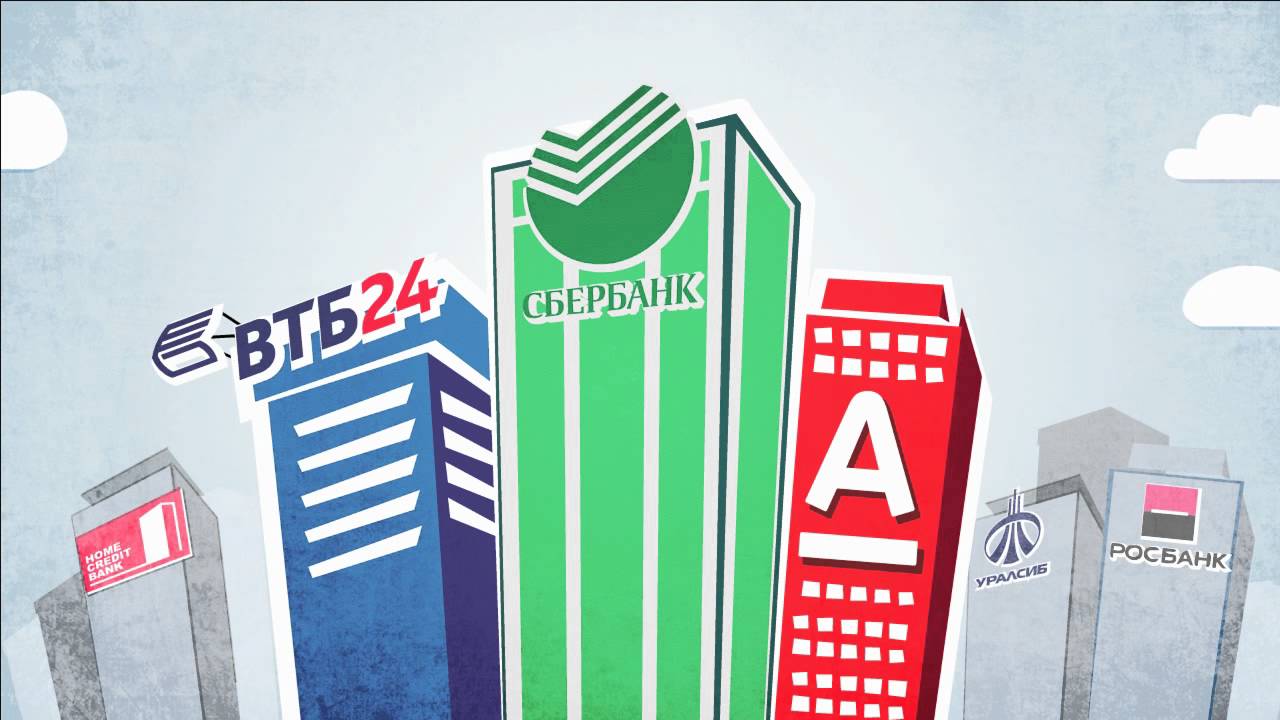Sanctions against Moscow for its violation of international law in Ukraine are important and worth maintaining as a statement of what the West stands for even if they won’t change the policy of a dictator unlikely to be swayed by the impact they have on his people and may even allow him for a time at least to mobilize them on an anti-Western basis.
And while the imposition and even strengthening of sanctions against Moscow regarding its actions in Crimea and the Donbas may not lead the current leader of the Russian Federation to change course, dropping them will have real consequences for him and for the influence of the West in support of international law.
On the one hand, if sanctions are reduced because businesses in the West want profit and governments want to deal with Russia on other issues, Putin not only will have won this round simply by waiting the West out but will take it as a given that he can engage in other aggressive actions in the future – and get away with them when the Western democracies grow tired.
If sanctions end, that will send a message to the peoples of Russia that the Kremlin has won, undercutting those many heroic people there who oppose the authoritarian Putin regime and who hope to build a very different Russia after he passes from the scene as he inevitably will. They will be weakened, and those who want to continue Putin’s course will be strengthened.
And on the other, if the sanctions are lifted, that will send another and even more profound message: the West is not prepared to stand up for its principles and consequently rogue leaders like Putin can get away with almost any violation of international norms as long as they have weapons that no one wants to see used.
As a result, ever more countries will go nuclear on the assumption that having such weapons not only means “never having to say you’re sorry” but also allows you to do what you want. Consequently, the sanctions against Putin’s criminal behavior must be maintained not only in the hope that Russia will ultimately change but also so international law will triumph.
These thoughts are prompted by Ukrainian commentator Vitaly Portnikov question today: “Are Crimean sanctions an instrument or a symbol?” a question prompted in turn by Berlin’s renewed commitment to maintain sanctions even as it allows Moscow back into PACE.
Sanctions are in fact both an instrument and a symbol, an instrument even if they do not change the policy of their immediate target quickly and a symbol of what the West is about both with regard to Russia, the rest of the world and not unimportantly itself. Tragically, those in the West who are prepared to give up all this in pursuit of short-term gains are growing in number.
That is something dictators like Putin have long counted on. Most of them know that playing the long game will work for them because there will always be voices in the Western democracies who will call for reaching out and overcoming differences regardless of what those regimes have done.
But the most important victories the West has won in the last half century have come precisely when it stood up for its principles and when, because it did, it could appeal to others to do the same rather than live in fear when its leaders in the name of profit and convenience sold out.
That is a point, as Portnikov makes clear, that needs to be repeated again and again.
Read More:
- I leave you, I leave you not. How Russia tricked the Council of Europe into self-amputating its powers
- Ukraine doesn’t have a War Party, only one of Resistance and another of Capitulation, Piontkovsky says
- Russia ignores PACE resolutions to end aggression against Ukraine. So PACE prepares to lift sanctions
- Looks like 1938: how Berlin and Paris made a step towards lifting sanctions on Russia in PACE
- Russia’s return to PACE would end Council of Europe as human rights instrument – Ukraine’s ambassador to CoE
- Reforming PACE rules of procedure must not lead to a weakening of the current sanctions regime
- Open letter of lawyers & foreign policy experts: stop efforts to weaken Council of Europe’s powers to sanction violators
- Relatives of Ukrainian hostages of the Kremlin ask PACE to prevent lifting Russia sanctions
- Rebecca Harms: Germany and France should stop supporting Russia’s unconditional return to PACE
- Russia ignores PACE resolutions to end aggression against Ukraine. So PACE prepares to lift sanctions
- How PACE wants to change its rules to lift sanctions on Russia
- CoE Secretary General Jagland now openly lobbies for return of Russian delegation





